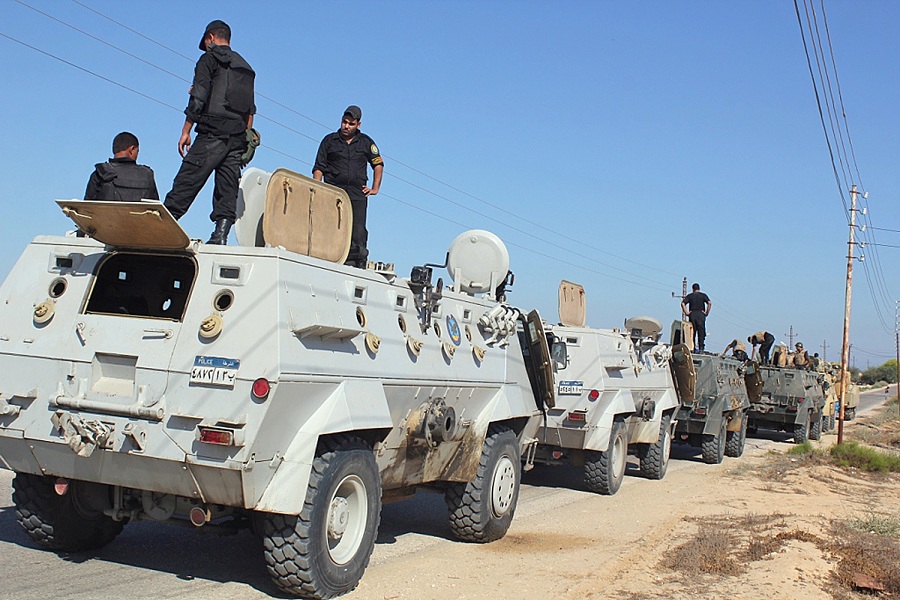Yee Haa! The sight of the Wells Fargo Stage Coach was a welcome one across the American plains in the Wild West days of the 1800s. It took 20 days to get from St. Louis to San Francisco hopefully without encountering bandits or robbers! Wells Fargo stopped running the coaches when the iron road – the railway – took over.
Last week it took just seconds for the announcement from Wells Fargo Bank to spread around the world that it expected to make good money in its latest results – yes, $3 billion is good money in this day and age! It was the sort of news that rode to the rescue of the market and sent US shares soaring; The Dow Jones ended last week with its fifth weekly gain. The optimistic thinking goes along these lines: this crisis has been a problem with the banks, and if the banks are now telling us that they are doing all right, well, things must be getting better and the crisis is over. President Obama went onto say he saw “glimmers of hope at the end of the week which added fuel to the market, and as the rocket of the Dow rose, European and Asian stocks were on board for most of the ride. Whooa! Not so fast.calm your horses. Yes Wells Fargo did say this was going to be a good quarter, but that is not the same thing as saying everything is just fine. Banking results are notoriously difficult to understand because of the complexities of the regulations and balance sheet (only oil companies’ balance sheets seem to be more difficult to fathom into plain speak.) And we have conveniently ignored an earnings warning from Boeing who says it is slowing down production of its planes because airlines are still having problems.
What does all this mean? It means that things are getting better, one bit of news at a time. It means that the giant global economy is slowly turning around – but it is painfully slow. Unfortunately there is so much bad news that we are desperate for any sign of good news. The first ray of sunshine is a welcome sight, but let’s not forget those who are trying to avoid drowning by clutching at life rafts. Which is exactly what traveling across the American plains was like in the 1800s; slow, uncomfortable and dangerous. But if we all look out for rocks in the road, bandits and robbers ahead, well, just like the original Wells Fargo Stage Coach, we will get to our destination if a tad battered, bruised and poorer. Whatever you’re up to this week – I hope it’s profitable. Richard Questis a CNN anchor and correspondent who reports on business travel issues. Tune in to CNN International each evening at 1800 GMT to catch Richard’s new show, “Quest Means Business.
